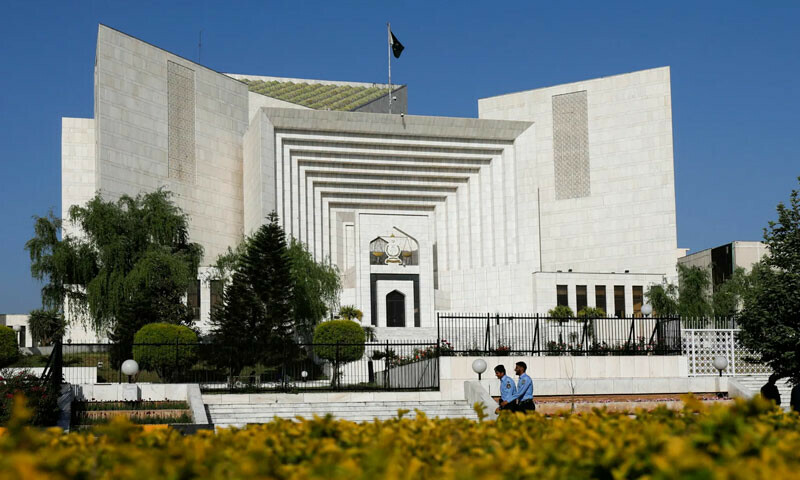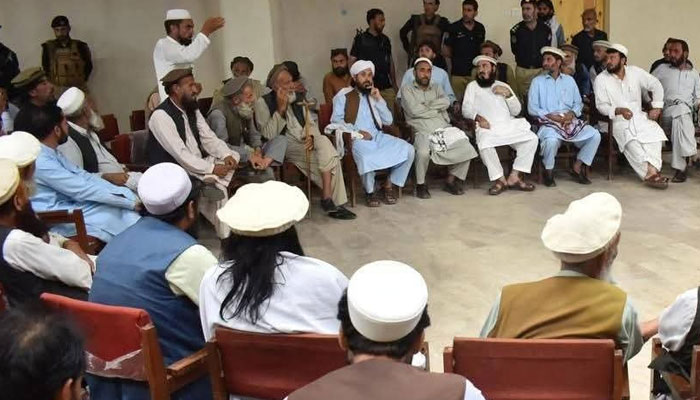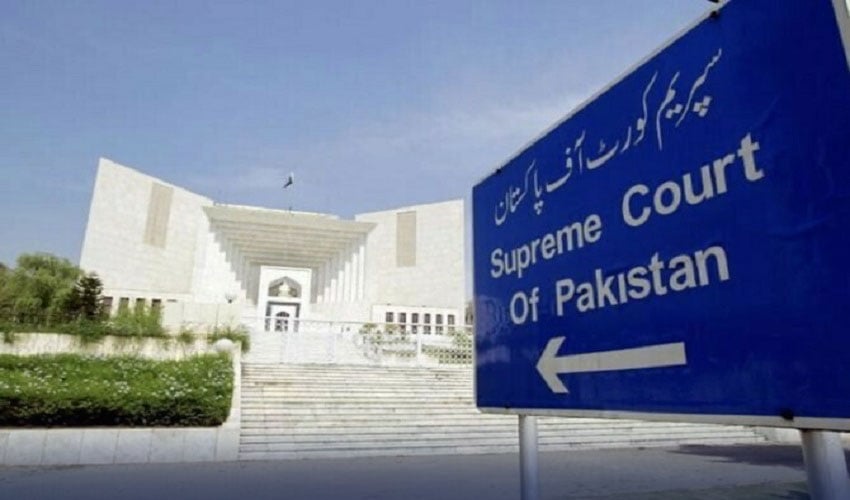LEGAL

The Lahore High Court Bar Association and the Lahore Bar Council have filed intra-court appeals challenging the June 19, 2025 decision of the Supreme Court’s constitutional bench that upheld the transfer and seniority determination of three judges to the Islamabad High Court (IHC).
The appeals, submitted jointly by the two leading legal bodies, argue that the Supreme Court's verdict is contrary to the Constitution, judicial precedents, and established norms of seniority and judicial independence.
Background of the Case
On June 19, a five-member constitutional bench of the Supreme Court, headed by Justice Muhammad Ali Mazhar, ruled by a 3-2 majority that the transfer of three judges to the Islamabad High Court was constitutional under Article 200. The bench held that the President of Pakistan holds the power to transfer judges, which is distinct from the power of appointment.
Following the verdict, the President issued a notification on June 29, declaring Justice Sarfaraz Dogar as the senior-most judge of the Islamabad High Court and confirming the transfers of two other judges as permanent. Subsequently, on July 1, the Judicial Commission of Pakistan, chaired by Chief Justice of Pakistan Justice Yahya Afridi, approved several high-profile appointments:
· Justice Sarfaraz Dogar as Chief Justice of IHC
· Justice Junaid Ghaffar as Chief Justice of Sindh High Court
· Justice Atiq Shah as Chief Justice of Peshawar High Court
· Justice Rozi Khan as Chief Justice of Balochistan High Court
The federal Law Ministry issued formal notifications on July 7, and the new Chief Justices were sworn in on July 8.
Grounds for Appeal
The petitioner bar councils have argued that:
· The Supreme Court’s interpretation of Article 200 disregards constitutional procedure for determining judicial seniority.
· Directing the President to determine seniority was an overreach of constitutional jurisdiction.
· The principles of separation of powers and judicial independence were compromised.
They have requested the Supreme Court to declare the June 19 ruling null and void, and to suspend all appointments and administrative actions taken under that decision until the appeals are fully adjudicated.
Judicial Crisis Resurfaces
Legal experts say the appeal has reignited a critical constitutional debate about the limits of executive and judicial authority in the appointment and transfer of judges. The outcome of these appeals could have far-reaching implications for the structure and independence of Pakistan’s higher judiciary.
A hearing on the intra-court appeals is expected in the coming days, and will once again place the spotlight on the interpretation of constitutional provisions governing judicial transfers and seniority.




